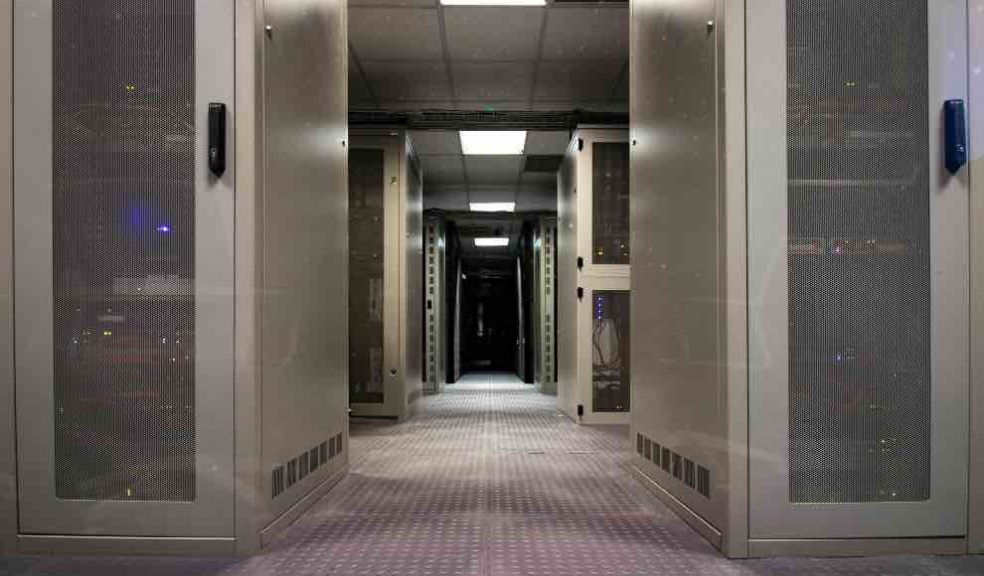
A private data centre can ease your journey into the cloud
The universal adoption of the term ‘cloud’ still bemuses many people. Rather than being a storage system in the sky, the reality is that photos, documents, contacts, etc. are securely stored on a server in large data centre made from bricks and mortar not wisps of water-filled air.
A data centre is like a massive filing cabinet, but rather than opening it with a key, an internet connection, passwords and encryption protection are the way in and businesses are using these to store their data and run their IT applications, such as telephony, security, CRMs, etc.
The beauty of using a cloud product is there is no capital expenditure required for hardware. You usually pay a monthly fee or subscription for these services. For instance, some people pay for Apple Music to gain a full choice of music without having to find space for CDs and worrying about looking after them. This is a very basic comparison, but it is just the same for business services. There is no need to care for hardware; it will be constantly updated to fight off the latest security threats and to gain extra features, and it does not take up valuable real estate space.
Apple, Amazon, Microsoft, Google, etc. all have multiple massive data centres that create public clouds. None of us really worry about where these data centres are, as long as we can still access what we want.
Making the decision to move business systems into a public cloud is a big one, but one many have already embarked on with Office 365. Again, no more buying disks; just a simple online subscription service. The next stage of the journey is often the telephone system. Whereas plenty of businesses have moved to a cloud-based, pay-per-user service, especially with the ISDN switch-off due in 2023, it does not appeal to all.
With swcomms investing in its own data centre in 2001, they can offer a private cloud service. Telephone systems are cared for by their engineers in a secure and resilient environment with links to multiple network carriers to guarantee 99.99% uptime. Multiple sites can link to a telephone system hosted in the data centre so they all operate as one unified corporate group, no matter how geographically dispersed they are.
Similarly, businesses co-locate their servers in the data centre for the same reasons. Their IT staff look after their servers, but the hardware is not taking up precious office space or incurring the costs of air conditioning, power and security. They simply use the data centre as their off-site comms room.
Businesses may be taking tentative steps into the cloud. If they have any concerns about a public cloud service, then they should consider a private hosting facility. They do not need to be on the data centre’s doorstep as internet connectivity is all that is required. However, if they ever wanted to make the trip to see their telephone system or servers, and meet the staff that look after it, they would be very welcome!
swcomms’ data centre is the cloud you can touch... because businesses know where it is and who runs it.





















